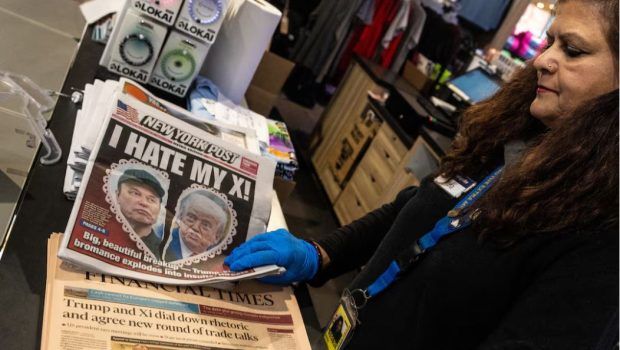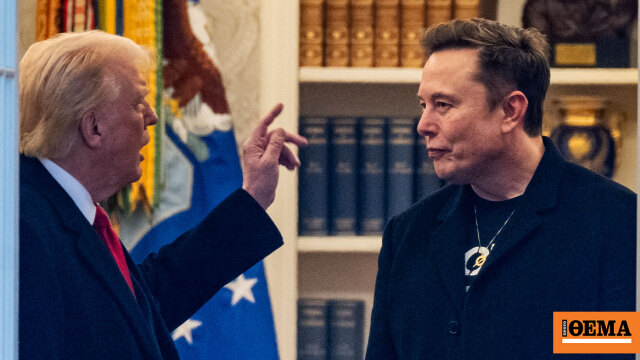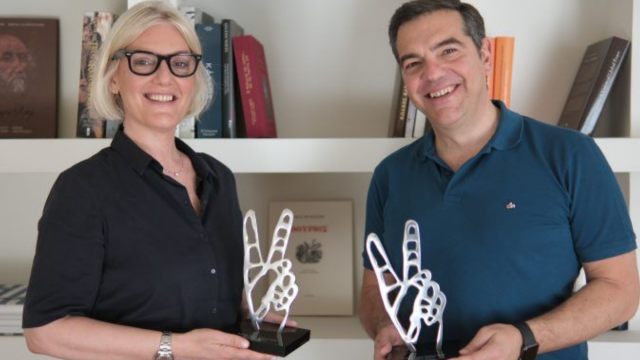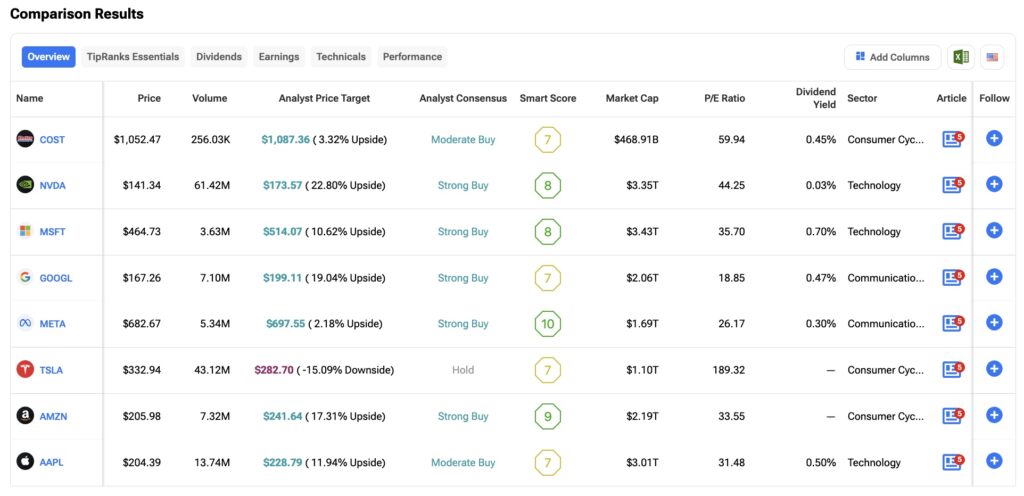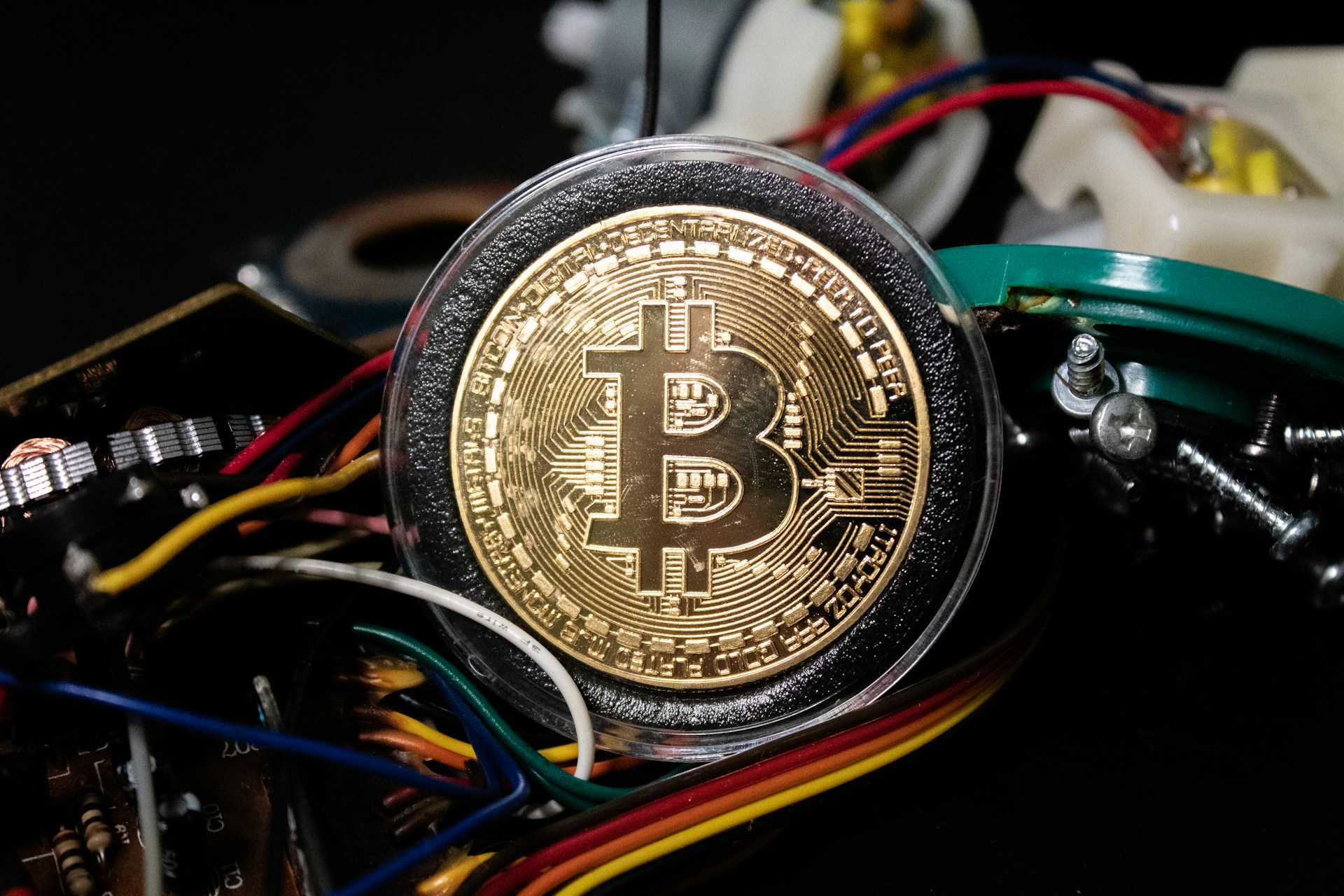'Bitcoin Family' hides crypto codes etched onto metal cards on four continents after recent kidnappings
Instead of storing private keys in one place — a vulnerability known as a "single point of compromise" — MPC splits a key into encrypted shares distributed across multiple parties. Transactions can only go through when a threshold number of those parties approve, sharply reducing the risk of theft or unauthorized access.
Multi-signature wallets require several parties to approve a transaction. MPC takes that further by cryptographically splitting the private key itself, ensuring that no single individual ever holds the full key — not even their own complete share.
The shift comes amid renewed scrutiny of centralized crypto platforms like Coinbase, which recently disclosed a data breach affecting tens of thousands of customers.
Taihuttu, for his part, says 80% of his trading now happens on decentralized exchanges like Apex — a peer-to-peer platform that allows users to set buy and sell orders without relinquishing custody of their funds, marking a return to crypto's original ethos.
While he declined to reveal his total holdings, Taihuttu did share his goal for the current bull cycle: a $100 million net worth, with 60% still held in bitcoin. The rest is a mix of ether, layer-1 tokens like solana, link, sui, and a growing number of AI and education-focused startups — including his own platform offering blockchain and life-skills courses for kids.
Lately, he's also considering stepping back from the spotlight.
"It's really my passion to create content. It's really what I love to do every day," he said. "But if it's not safe anymore for my daughters ... I really need to think about them."
WATCH:'Bitcoin Family' tracks moon cycles to make crypto investment decisions
Content Original Link:
" target="_blank">

